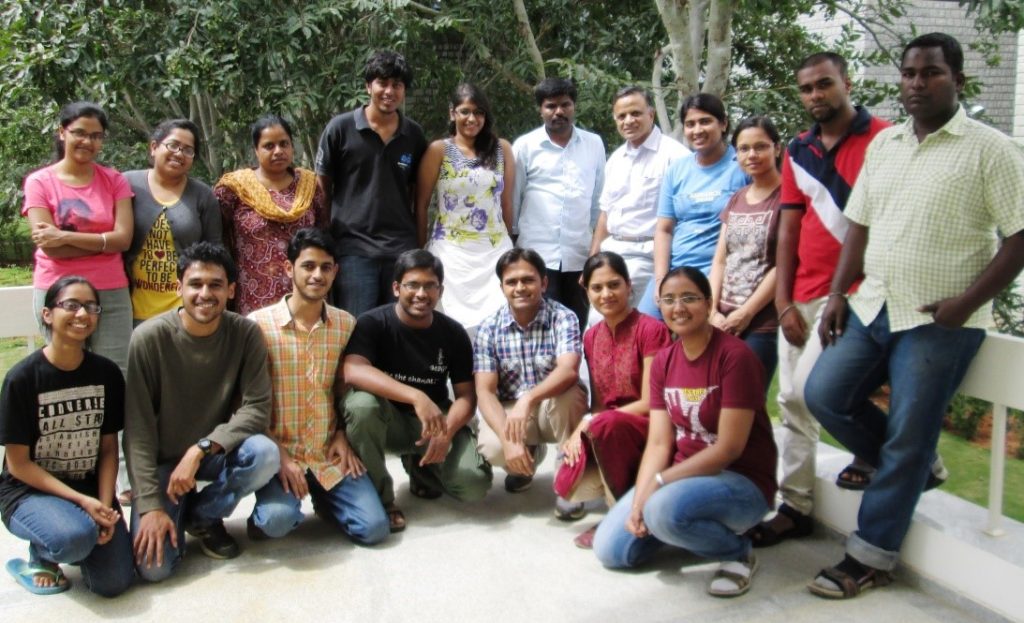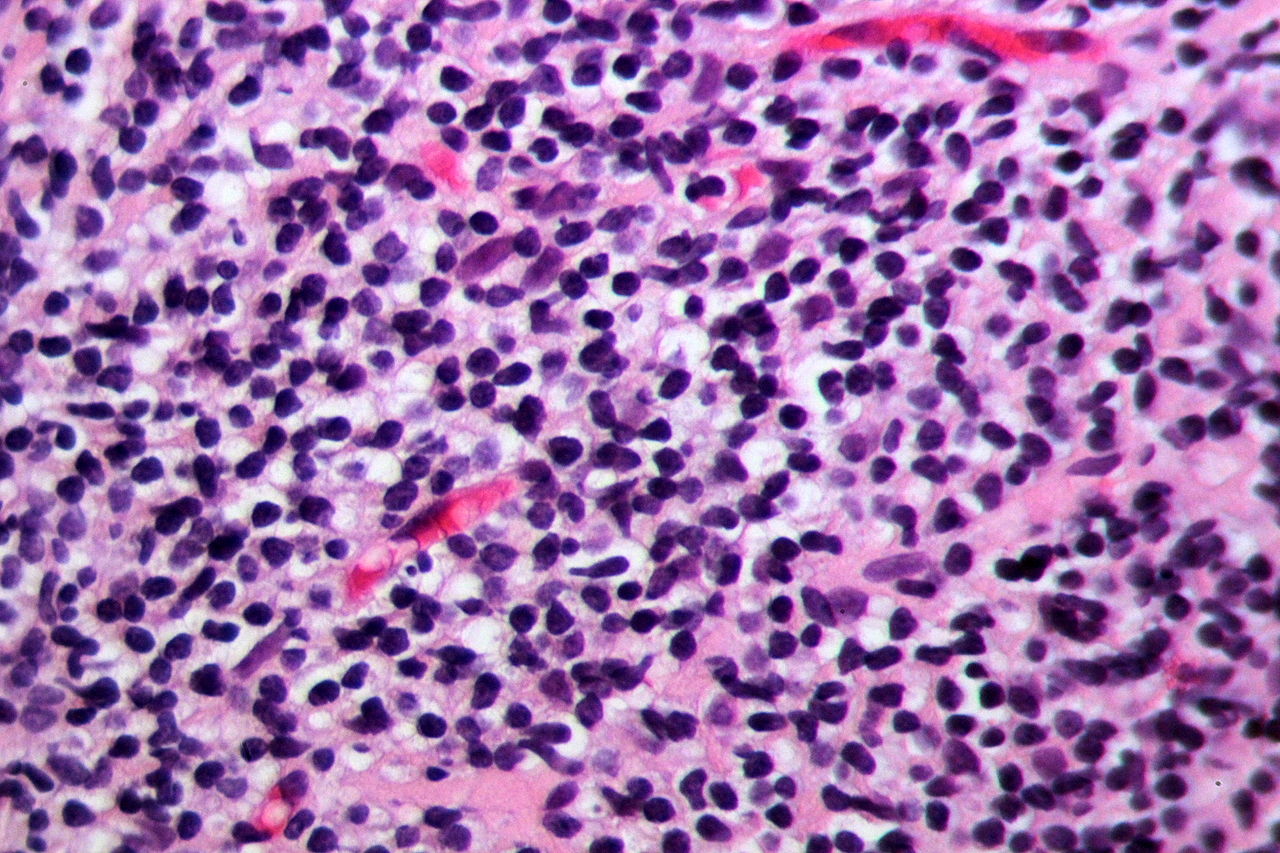A team of scientists from India and America have figured out why HIV-1C subtype is more prevalent than other subtypes of the virus.

Dr. Udaykumar Ranga with his research team
The human immunodeficiency virus consists of two types HIV 1 and 2 and each one of them has many subtypes. Of them, HIV-1C alone causes half of all the HIV infections globally and nearly all in India.
Researchers have found that HIV-1C can efficiently duplicate an important region of its genome to replicate faster, unlike other subtypes. HIV-1C duplicates a region of its Gag protein called PTAP domain to make two copies of this domain.
The study was conducted in a group of HIV positive persons in India. It was found that viral strains of HIV-1C containing two PTAP domains could dominate viral strains containing only one PTAP domain in the blood of eight persons during follow up.
“This molecular trick may have given HIV-1C a big replication advantage over others. Given the dynamic nature of viral evolution, this trick may be transmitted to other slow-witted cousins through ‘viral recombination’ and may make this new molecular trick a universal problem,” explained Dr. Udaykumar Ranga, a scientist at Jawaharlal Nehru Centre for Advanced Scientific Research (JNCASR), Bengaluru, who led the study.
Dr. Shahid Jameel, a virologist and CEO of Wellcome Trust DBT India Alliance, who was not associated with this study, pointed out that “HIV shows a high degree of sequence variation, making it both an interesting virus to study and a difficult one to control through vaccines and drugs.” Dr. Akhil C. Banerjea, Emeritus Professor at the National Institute of Immunology commented that “the researchers have found a new motif in HIV that may explain why subtype C can multiply at a faster rate. This study will also allow targeting this motif to control viral replication.”
The research team included Shilpee Sharma, P.S. Arunachalam, Malini Menon, J. Jebaraj, Shambhu G., Chaitra Rao, Sreshtha Pal and Udaykumar Ranga (JNCASR); V. Ragupathy, I. Hewlett (Center for Biologics Evaluation and Research, USA); Ravi Vijaya Satya (GRAIL Inc, USA); S. Saravanan, K. G Murugavel, P. Balakrishnan and (late) S. Solomon (Y.R. Gaitonde Centre for AIDS Research and Education, Chennai).
This work was supported by Department of Science and Technology (DST). The researchers have published their findings in the Journal of Biological Chemistry. (India Science Wire)
Journal Article
PTAP motif duplication in the p6 Gag protein confers a replication advantage on HIV-1 subtype C.
By Ratneshwar Thakur
For the latest Science, Tech news and conversations, follow Research Stash on Twitter, Facebook, and subscribe to our YouTube channel



